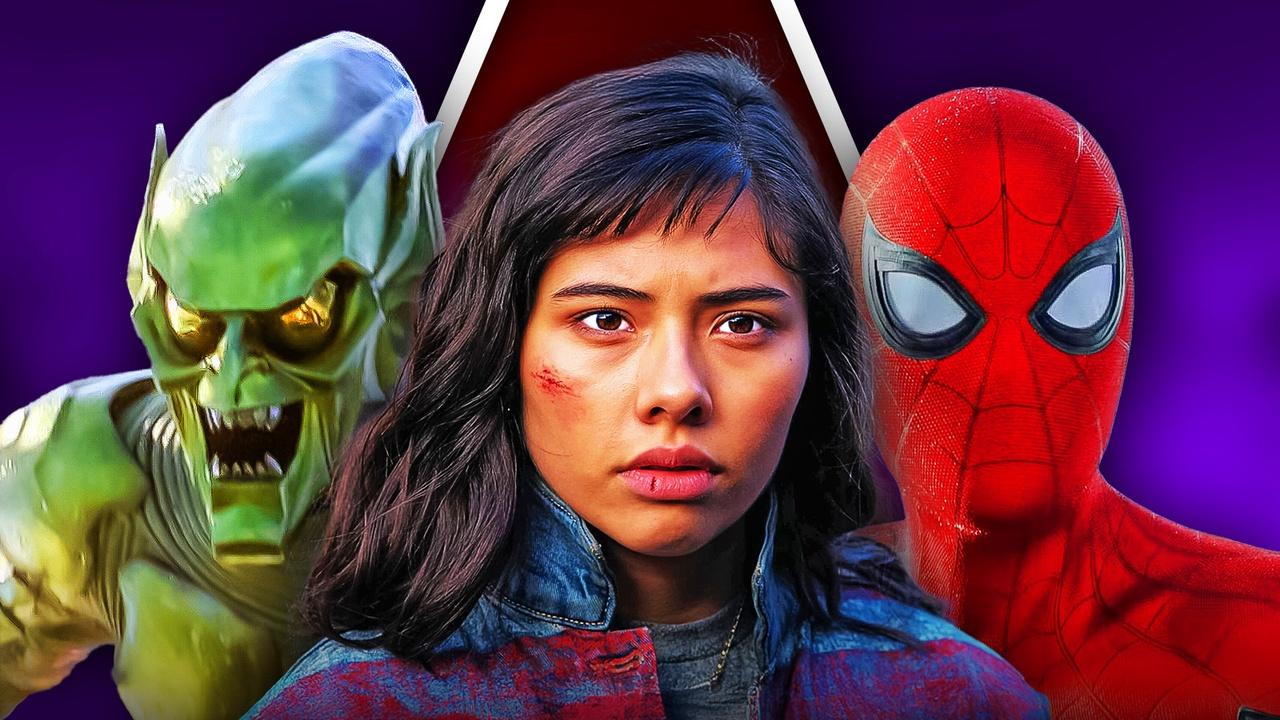
The Marvel Cinematic Universe has spun a web of cinematic triumphs over the years, weaving iconic characters like Spider-Man and Iron Man into a tapestry of billion-dollar blockbusters. Yet, not every Marvel comic book story is destined for the silver screen’s glory.
Despite their bold ambitions, some tales have stumbled so spectacularly in the eyes of fans that adapting them could spell box office doom (read about Marvel's lowest-grossing box office films). A few of these stories had retcons that shattered beloved character arcs to narratives that alienated readers. The bizarre choices in these comics and the feedback they generated serve as caution for Marvel Studios.
The MCU thrives on balancing fan expectations with fresh storytelling, but certain comics have proven too divisive to fit this mold. Fans, armed with decades of loyalty and a keen sense of what makes their heroes tick, have not hesitated to voice their displeasure when stories veer into controversial territory.
In this day and age, social media platforms amplify these sentiments, turning fan backlash into a potential PR nightmare that could tank a film’s prospects before it even hits theaters.
Marvel Stories That Do Not Deserve the Live-Action Treatment
Marville (2002-2003)
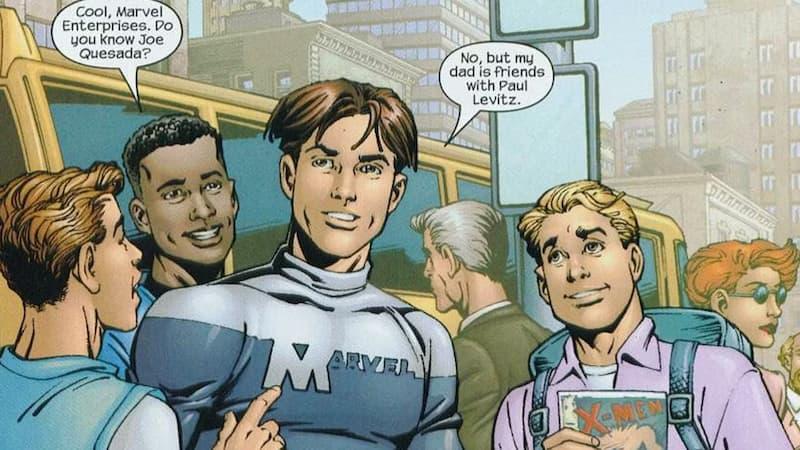
Marville, a six-issue miniseries by Bill Jemas and Mark Bright, began as a satirical take on superhero comics, following everyman KalAOL (a nod to AOL) who time-travels from 5002 to 2002. Initially aiming to parody Marvel’s competitors and pop culture, the series took a sharp turn into philosophical and religious debates by issue #3, exploring the origins of life and humanity’s place in the universe. The final issue even featured a letter column where Jemas argued with readers about evolution and creationism.
Jemas, then Marvel’s president, intended Marville to be a bold experiment, blending humor with social commentary to differentiate it from standard superhero fare. The shift to heavy philosophical themes was meant to provoke thought and challenge comic book norms, positioning Marvel as a publisher willing to take risks.
However, the abrupt tonal shift and lack of cohesive narrative confused readers expecting a lighthearted spoof. Marville is widely regarded as one of Marvel’s most reviled comics. Fans criticized its disjointed storytelling, with the feeling of satire being forced and the philosophical pivot alienating.
Many readers were particularly frustrated by its preachy tone and lack of respect for established Marvel characters. The series’s attempt to lecture rather than entertain turned fans away, and its obscurity today reflects its failure to achieve its purpose.
Adapting Marville into the MCU would be a recipe for disaster. Its lack of a compelling protagonist, incoherent plot, and polarizing religious undertones would alienate both casual moviegoers and hardcore fans.
The MCU’s success hinges on accessible, character-driven stories. Marville’s niche, controversial approach would struggle to fill seats, risking a box office performance akin to The Marvels’ $206 million global gross against a $274.8 million budget.
America: The Life and Times of America Chavez (2017-2018)
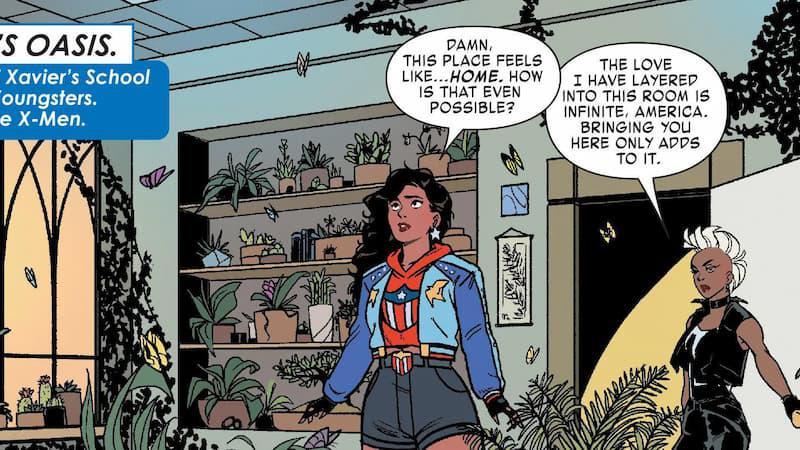
Written by Gabby Rivera, America was a 12-issue solo series for America Chavez, a queer Latina superhero with the power to punch star-shaped portals across dimensions. The comic followed America’s journey of self-discovery, exploring her identity, relationships, and adventures across the multiverse, including a stint at Sotomayor University.
Marvel sought to diversify its lineup and appeal to younger, progressive readers by giving America Chavez her own series. Rivera, a novelist with no prior comics experience, was chosen to bring an authentic voice to America’s cultural and sexual identity, emphasizing representation over traditional superhero action.
The series prioritized personal growth and social themes over high-stakes battles, aiming to redefine what a superhero comic could be.
The series received mixed reviews, with significant backlash from fans who felt it prioritized identity politics over storytelling. While some praised its representation, others felt it alienated readers by focusing too heavily on messaging, leading to its cancellation after 12 issues.
Joe Casey, one of America’s creators, publicly criticized Marvel for not compensating him for her MCU appearance, fueling negative sentiment.
An MCU adaptation of America risks repeating the mistakes of The Marvels, where heavy-handed themes and lackluster plotting led to poor box office returns.
Fans expect superhero films to balance character depth with action, and America’s introspective focus might not translate to a cinematic spectacle. However, a solo movie for America Chavez has been teased in the past.
Children of the Atom (2021)
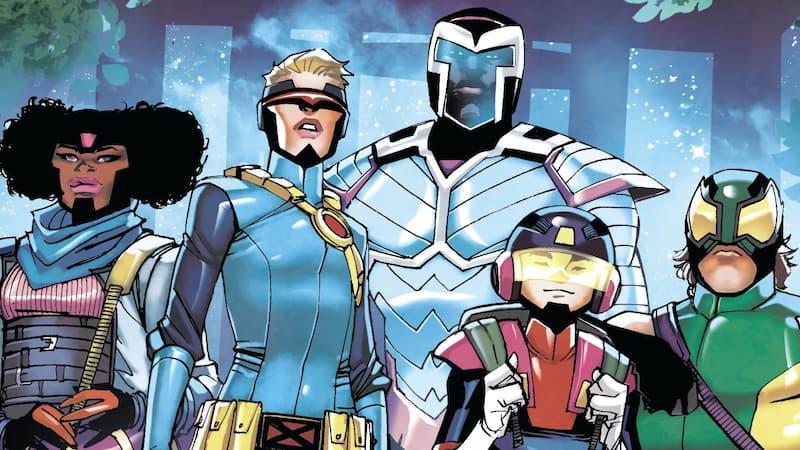
Children of the Atom, written by Vita Ayala and illustrated by Bernard Chang, introduced a new team of young heroes inspired by the X-Men. The series followed characters like Cyclops-Lad and Cherub, who idolized their heroes but were revealed to be non-mutants using stolen tech to mimic powers.
The six-issue run explored themes of identity and belonging within the mutant haven of Krakoa.
Launched during the Dawn of X era, the series aimed to expand the X-Men universe by introducing fresh faces while tying into the Krakoa narrative. Marvel hoped to capture the youthful energy of classic teen hero teams like the New Mutants, appealing to new readers while exploring the complexities of mutant identity in a utopian setting.
The series was met with disappointment as many fans did not like the idea of a bunch of teenagers cosplaying as mutants. The series’ cancellation after six issues reflected its lack of traction.
The MCU’s X-Men integration in Phase 7 is a big deal. With fans eagerly awaiting iconic mutants like Wolverine and Storm, adapting Children of the Atom would risk alienating audiences with its focus on obscure, non-mutant characters who lack the draw of established heroes.
The backlash over the twist would likely amplify online, and without a strong narrative hook, the film will heavily underperform.
Spider-Man: Sins Past (2004-2005)
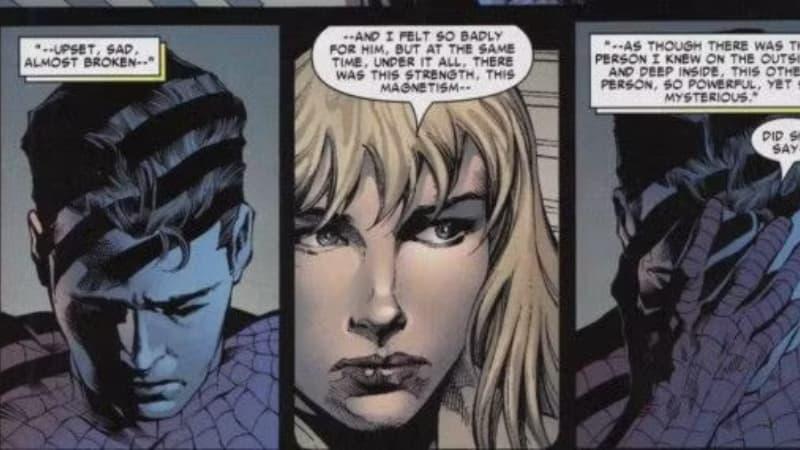
Written by J. Michael Straczynski and illustrated by Mike Deodato Jr., Sins Past (Amazing Spider-Man #509-514) revealed that Gwen Stacy, Peter Parker’s late girlfriend, had an affair with Norman Osborn (Green Goblin) and gave birth to twins, Gabriel and Sarah, who aged rapidly due to Norman’s Goblin serum.
The twins, seeking revenge, confront Peter, who grapples with this shocking retcon to his past.
Straczynski aimed to deepen Spider-Man’s emotional complexity by revisiting Gwen Stacy’s legacy and adding a dark twist to her relationship with Norman Osborn. The story sought to explore themes of betrayal and legacy, positioning the twins as tragic figures shaped by Norman’s villainy.
Marvel’s editorial team approved the arc to shake up Spider-Man’s status quo and generate buzz, but the attempt fell so flat, it's comical.
Sins Past is infamous for its fan backlash. Fans felt the retcon cheapened Gwen’s legacy, turning her into a plot device for shock value. The story was later retconned in Sinister War (2021), showing Marvel’s acknowledgment of its misstep.
Adapting Sins Past into the MCU would be a catastrophic miscalculation. Fans already cherish Gwen Stacy’s portrayal in The Amazing Spider-Man films, and a film revisiting her with this controversial plot would spark outrage.
Spider-Man: One More Day (2007)
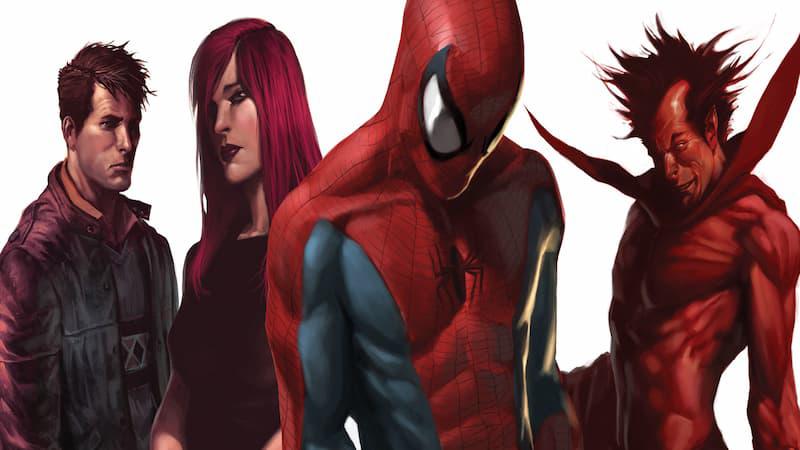
One More Day (Amazing Spider-Man #544-545, Friendly Neighborhood Spider-Man #24, Sensational Spider-Man #41), written by Joe Quesada and J. Michael Straczynski, saw Peter Parker make a deal with Mephisto (who has made deals with several Marvel characters) to save Aunt May’s life after she was shot.
In exchange, Mephisto erases Peter’s marriage to Mary Jane Watson, resetting his life to a single, anonymous hero in the Brand New Day era.
Marvel’s editorial team, led by Joe Quesada, wanted to return Spider-Man to his youthful, relatable roots, believing his marriage aged him out of his core appeal. The supernatural deal with Mephisto was meant to provide a dramatic, irreversible reset, allowing new stories unburdened by decades of continuity. The story aimed to reinvigorate the Spider-Man brand for a new generation.
One More Day remains one of Marvel’s most hated stories. Fans argued that erasing Peter and MJ’s marriage nullified years of character development, with Mephisto’s involvement feeling like a lazy plot device.
The story’s legacy continues to divide readers, with sales data suggesting it hurt Spider-Man’s popularity.
The MCU’s Spider-Man: No Way Home already adapted one element of One More Day by having Peter lose his identity, but a full adaptation risks reigniting fan fury.
Geraldo Amartey is a writer at The Direct. He joined the team in 2025, bringing with him four years of experience covering entertainment news, pop culture, and fan-favorite franchises for sites like YEN, Briefly and Tuko.











